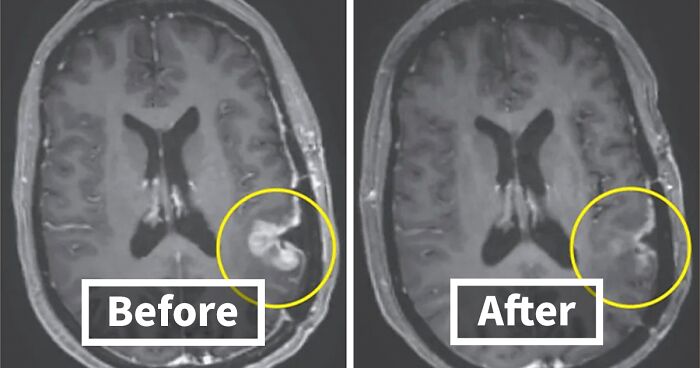
Glioblastoma Patient Sees Tumor Almost Disappear In Days Thanks To New Breakthrough
A new treatment to fight an extremely aggressive type of brain tumor showed promise in a pair of experiments with a handful of patients.
The strategy is focused on treating glioblastoma, one of the deadliest types of cancer, which is only diagnosed at stage 4 and has a five-year survival rate of around 10%.
Glioblastoma forms in the brain or spinal cord and grows quickly, invading and destroying healthy tissue. It can occur at any age but most often affects older adults, especially men, according to the Mayo Clinic.
In the new trials, a novel take on an existing treatment for blood cancer was shown to be safe, and it shrank tumors.
A new strategy to combat aggressive brain tumors shows promise in initial trials with a small group of patients
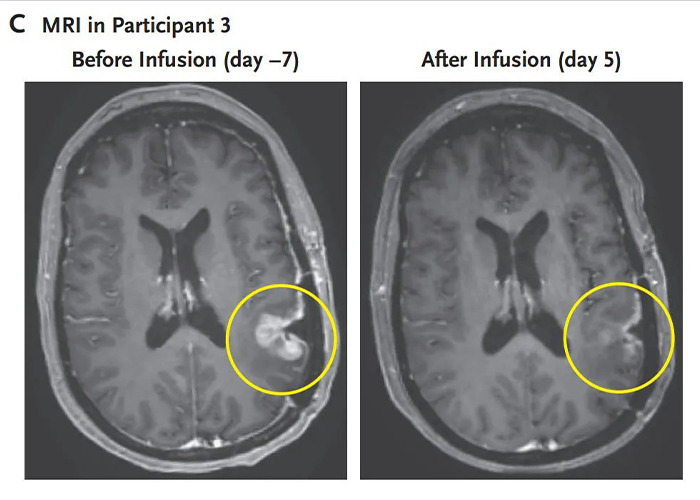
Image credits: Mass General
Patients showed improvement after undergoing CAR-T treatment, a therapy that works by taking patients’ own immune cells (T-cells) and turning them into “living drugs.”
For this to happen, specialists extract their T-cells, modify them, and gradually drip them back into their bloodstream. The modified cells are then capable of recognizing and attacking the cancer cells.
Three glioblastoma patients — two who were in their 70s and one in her late 50s — were involved in the study between March and July last year.
According to the study published in the New England Journal of Medicine, a 57-year-old woman saw “near-complete tumor regression” after just five days of treatment.
Scientists transformed patients’ immune cells into “living drugs” capable of targeting and attacking glioblastoma cancer cells
Image credits: Mass General
Meanwhile, the other two patients also saw significant reductions in their tumors.
“None of us could really believe it,” said Dr. Marcela Maus, director of the Cellular Immunotherapy Program at the Massachusetts General Cancer Center in Boston.
“That doesn’t happen.”
CAR-T therapy has proven to be highly effective for certain blood-related cancers like leukemia. However, scientists are still studying whether modified versions of CAR-T therapy can be used for solid tumors like glioblastoma.
Unlike many blood cancers, glioblastoma contains a large number of abnormal-looking cells, making them difficult targets for the cancer-fighting immune cells.
One of the patients saw “near-complete tumor regression” after just five days of treatment
Image credits: Mass General
“None of us could really believe it,” said Dr. Maus, who led one of the studies
Image credits: Pexels/ RDNE Stock project
The three people in the clinical trial were treated with CARv3-TEAM-E T-cells, a variant of existing CAR-T therapy that contained additional antibodies, according to MetroUK.
Scientists emphasized that the results are temporary and further research needs to be conducted to reach a firm conclusion.
“We’re still in the early phases of the study. Two patients had their disease recur in the first six months, and we want to aim for something better,” said Dr. Maus.
“I think that’s really a tremendous model, and what we are all seeing is that this sort of therapy has legs for brain tumor patients. It may not be the final version yet, but we’re onto something.”
“It may not be the final version yet, but we’re onto something,” Dr. Maus added
Image credits: Pexels/MART PRODUCTION
Dr. Stephen Bagley, who led a similar study, shares this opinion.
“It’s very early days,” he cautioned. Still, Dr. Bagley affirmed that the scientific community is “optimistic” that it has “got something to build on here, a real foundation.”
Glioblastoma is the type of brain cancer that killed President Joe Biden’s son, Beau Biden, at the age of 46 and Arizona Sen. John McCain at the age of 81.
Its symptoms include headaches that keep getting worse, nausea and vomiting, blurred or double vision, and seizures.
Glioblastoma is also the most common malignant brain tumor, killing about 15,000 people in the United States each year, according to Advanced Neurosurgery Associates.
People shared their optimism regarding the new findings
Explore more of these tags
BP, we want uplifting articles like this please, nobody cares about what Bianca Censori is doing
Nobody cares about her, we need actual good stuff that can change things for the better
Load More Replies...Oh, how I wish this had been discovered four years ago! My BFF was diagnosed in January of 2020 and left us six months later. I hope this is a real, breakthrough and saves others the pain that so many have experienced with deadly brain tumors!
Yes, I know a survivor but she's had a terrible time since she had complications during surgery.
Load More Replies...BP, we want uplifting articles like this please, nobody cares about what Bianca Censori is doing
Nobody cares about her, we need actual good stuff that can change things for the better
Load More Replies...Oh, how I wish this had been discovered four years ago! My BFF was diagnosed in January of 2020 and left us six months later. I hope this is a real, breakthrough and saves others the pain that so many have experienced with deadly brain tumors!
Yes, I know a survivor but she's had a terrible time since she had complications during surgery.
Load More Replies...
 Dark Mode
Dark Mode 

 No fees, cancel anytime
No fees, cancel anytime 






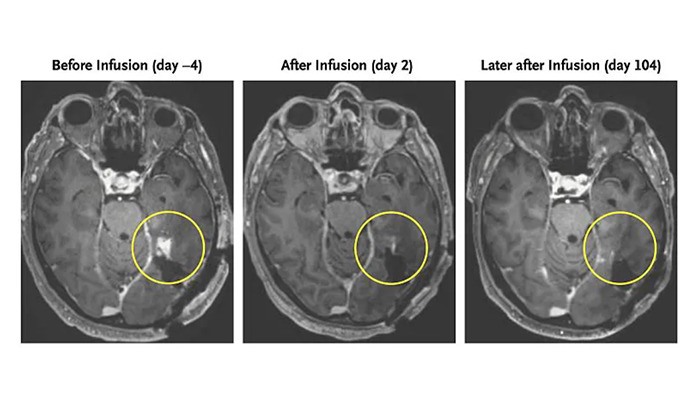
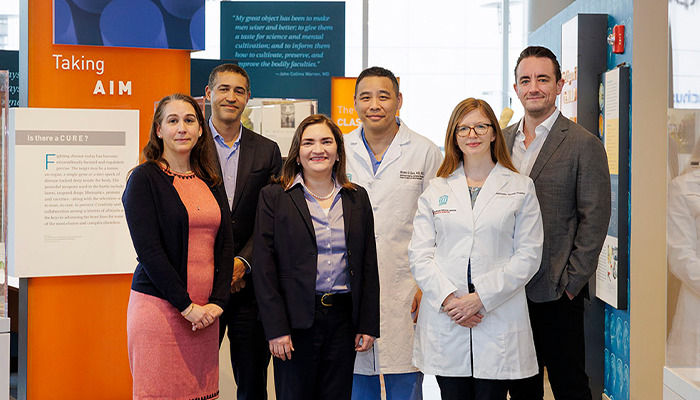

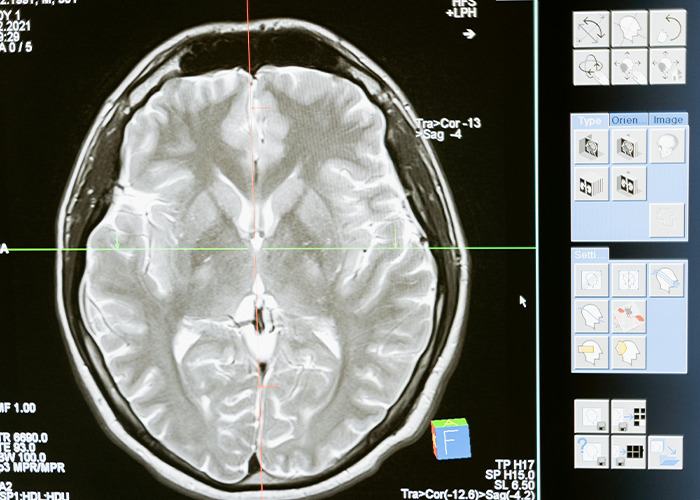






















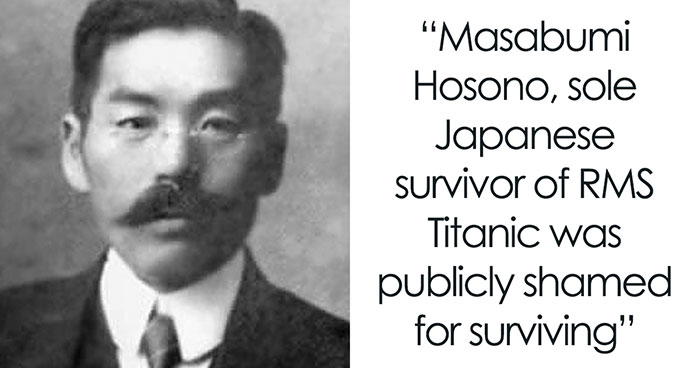






























94
9